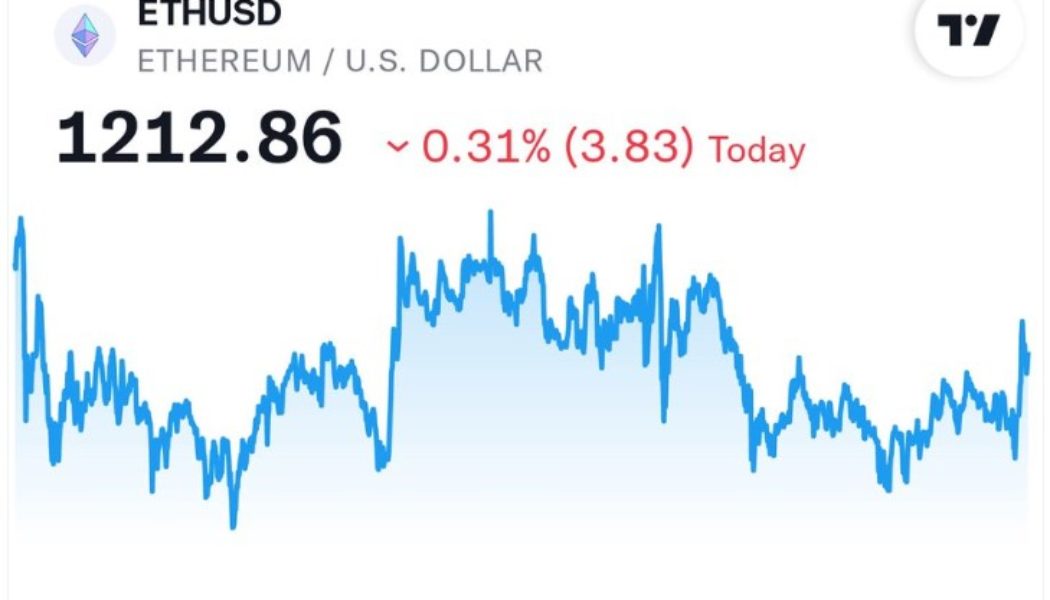Payments
Italy approves 26% capital gains tax on cryptocurrencies
On Dec. 29, 2022, days before the year’s end, Italy’s Senate approved its budget for 2023, which included an increase in taxation for crypto investors — a 26% tax on capital gains on crypto-asset trading over 2,000 euros (approximately $2,13 at time of publication). The approved legislation defines crypto assets as “a digital representation of value or rights that can be transferred and stored electronically, using distributed ledger technology or similar technology.” Previously, crypto assets were treated as foreign currencies in the country, with lower taxes. As reported by Cointelegraph, the bill also establishes that taxpayers will have the option to declare the value of their digital-asset holdings as of Jan. 1 and pay a 14% tax, incentives that are intended to encourage Italians...
What is USD Coin (USDC), fiat-backed stablecoin explained
USDC offers instant payments, saves users from the cryptocurrency market’s price volatility and is audited by a regulated auditing firm, making it a transparent stablecoin. However, it does not offer price appreciation opportunities, and investors may incur high transaction and withdrawal fees while dealing with USDC. One of the key advantages of the USD Coin is the speed of the transaction. Usually, one must wait a long time to send and receive USD because institutions such as banks and their complex procedures slow down the processing of transactions. Nonetheless, USDC allows instant clearing and settlement of payments. In addition, stablecoins like USDC saves users from the price volatility of cryptocurrencies, as leading American financial institutions ensure that Circle&...
Only for foreign trade: Bank of Russia stands against free crypto investment
Russia’s central bank is ready to consider allowing cryptocurrency use within the country, but only as part of a legal experiment, said governor Elvira Nabiullina. “It’s possible to consider transactions through an authorized organization in the country as part of an experimental legal regime, but that would require a relevant law,” Nabiullina stated during a Bank of Russia press conference on Dec. 16. The Bank of Russia’s primary objection to crypto has always been that it cannot be used as a payment instrument, Nabiullina emphasized. She added that the central bank is also concerned about investor protection because the crypto market is highly volatile. While Russia formally does not prohibit its people from investing in crypto, the Bank of Russia believes that the mass adoption of crypt...
How can UK-based businesses accept Bitcoin?
Accepting Bitcoin payments is advantageous due to lower fees than credit and debit cards, expansion of customer base and real-time bank balances. However, risks like volatility and cybercrime may undermine these benefits. Cryptocurrency payments help save excessive credit and debit card processing fees as they are decentralized and do not need intermediaries to verify the transaction. Moreover, merchants do not incur overseas currency exchange changes if payments are made in BTC or other cryptocurrencies. High transaction speed is another benefit of accepting Bitcoin payments, allowing businesses to receive payments in real-time. Moreover, with the increasing customer demand to pay in crypto, offering Bitcoin as a payment method will help acquire more shoppers. However, accepting cryptocur...
UK bank Starling bans crypto-related purchases and deposits citing high risk
Starling — a digital bank based in the United Kingdom — is the latest financial institution to ban crypto-related transfers and activities for its cardholders. Starling customers will no longer be able to purchase cryptocurrencies like Bitcoin (BTC) or receive incoming transfers from crypto exchanges or merchants. The online bank announced the news in a statement to customers as well as on Twitter, citing the perceived high risks of crypto trading. Hi there We always review our position in relation to financial crime. We consider crypto activity to be high risk. We’ve taken the decision to prevent all card payments to crypto merchants and to implement further restrictions on outgoing and incoming transfers. — Starling Bank (@StarlingBank) November 22, 2022 The bank also described cryptocur...
House on a hill: Top countries to buy real estate with crypto
The mainstream adoption of cryptocurrencies has brought immense potential to the fintech industry, and some of the capabilities have spilled over into the real estate market. Subsequently, the real estate sector is evolving to accommodate a new crop of investors who prefer making payments using crypto. The trend of investing in real estate with crypto gained momentum in 2021 following a market explosion that saw Bitcoin (BTC) breach the $60,000 mark. Today, numerous jurisdictions have amended their real estate laws to allow property purchases using crypto due to their transformative impact. Alexander Tkachenko, CEO and Founder of the VNX liquidity mining platform, told Cointelegraph that the full capabilities of crypto in real estate remain untapped. “There is still a huge demand for alter...
Why banking uses at least 56 times more energy than Bitcoin
The next time Bitcoin (BTC) comes under fire for energy consumption, remember this statistic: the banking industry uses at least 56 times more energy. That’s according to cryptographer and founder of Valuechain, Michel Khazzaka: “I’m not saying it uses less or the same, just know it uses 56 times more than Bitcoin.” The statistic, first shared by Michel Khazzaka in the summer, caused a stir in the Bitcoin and wider crypto community. He published his estimates in a Valuechain report, a company he founded to investigate the world of crypto payments. In an exclusive Cointelegraph Crypto Story interview, Khazzaka talks viewers through the extensive research that led to striking conclusions. In short, Bitcoin might not be as bad for the environment as the mainstream media lead peopl...
Global Bitcoin payments market projected to reach $3.7B by 2031: Research
The global Bitcoin (BTC) payments market will reach $3.7 billion by 2031, registering a compound annual growth rate (CAGR) of 16.3% from 2022 to 2031, with private keys and hardware driving the sector expansion, forecasted Allied Market Research in a report published on Oct. 24. According to the document, operational demand for efficiency and transparency in payments systems, along with data security services growth and a surge in demand for remittances in emerging economies, are among the major factors supporting growth in the sector in the coming years. The report also stated: “Furthermore, increase in demand for bitcoin among banks, and financial institutions and untapped potential in emerging economies are expected to provide lucrative opportunities for the bitcoin payments...
Why crypto remittance companies are flocking to Mexico
Mexico is the second-largest recipient of remittances in the world, according to 2021 World Bank statistics. Remittances to the nation jumped to a record $5.3 billion in July, which is a 16.5% increase year-over-year compared to the same period last year. The steady growth presents myriad opportunities for fintech companies. Not surprisingly, droves of crypto companies are setting up shop in Mexico to claim a share of the burgeoning remittance market. Over the past year alone, about half a dozen crypto giants, including Coinbase, have set up operations in the country. In February, Coinbase unveiled a crypto transfer service tailored to United States-based clients looking to send crypto remittances to Mexico. The product enabled recipients in Mexico to withdraw their money in pesos. Other c...























